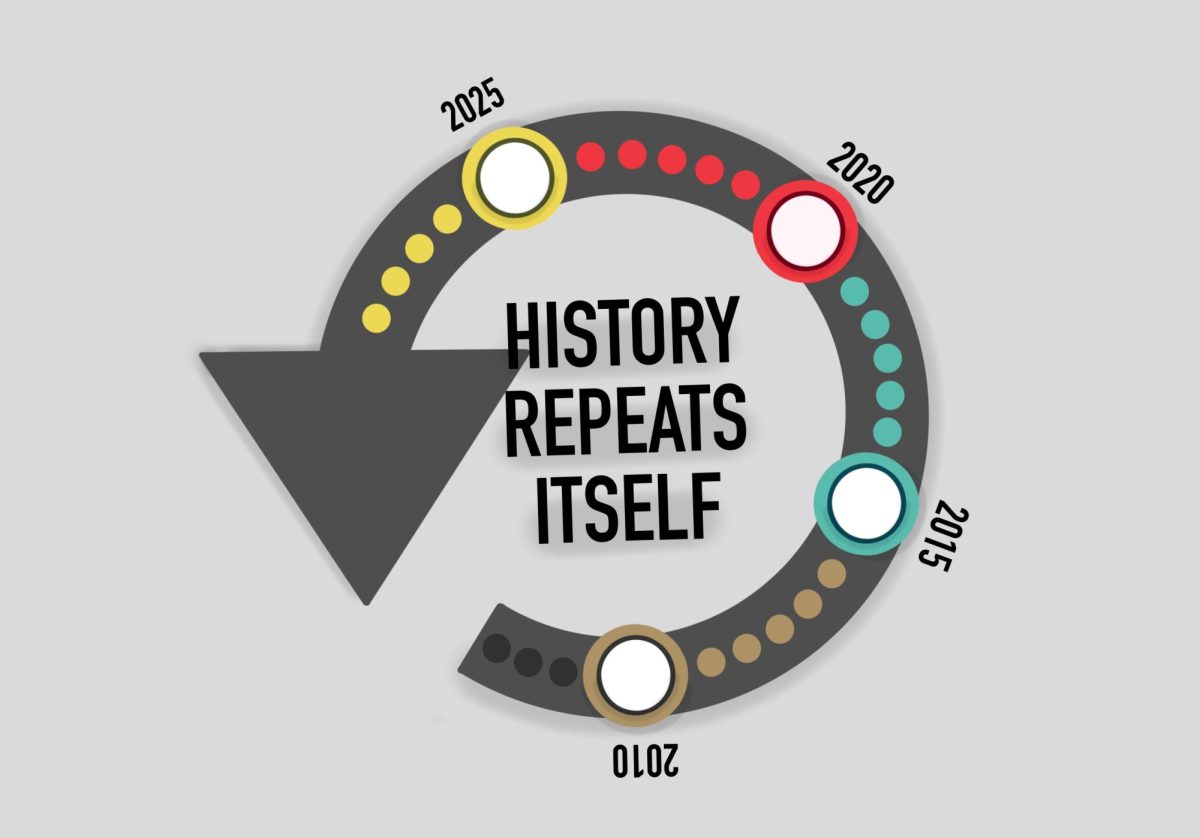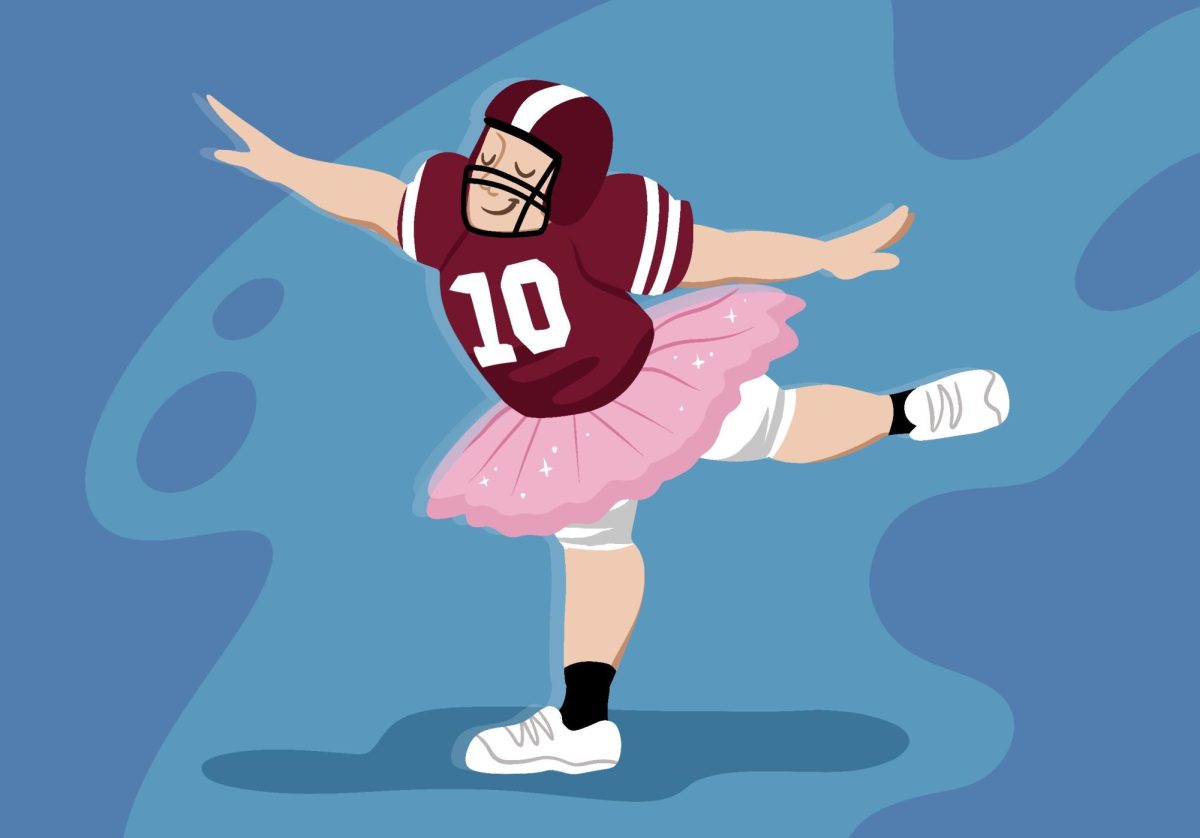Rebecca Black deserved better — nay, we didn’t deserve her. On Feb. 10, 2011, Black released the pinnacle anthem for the weekend, “Friday.” This song, paired with a revolutionary and bitchin’ music video, culminated into a culture shock our world has yet to recover from. Two weeks ago, Black released a 10th-anniversary remix of “Friday” to commemorate the song and its legacy. Listening to the remix brought back a flood of emotions I thought were tucked away forever, along with my signature middle school bowl cut and braces. Yet, now that I’m a successful, sexy and brilliant college student, I was confused that the song still made me feel such strong emotions.
“What’s happening to me?” I thought.
“Have I reverted to that sickly middle school form?” No — a quick look in the mirror and some therapy reassured me I was past that. So what was it? Troubled, I analyzed the lyrics to “Friday,” and there I was greeted with an epiphany. You’ll recall, in a masterful bridge toward the end of the song, Black reminds us, “Yesterday was Thursday. Today it is Friday.”
Yes, I see where you’re going with this, Rebecca, but why does this matter? I pondered. Then, Black enlightened me: “We-we-we so excited / We so excited / We gonna have a ball today.”
“Oh my god,” I thought. We are excited, aren’t we? Admittedly, I’m always thrilled it’s Friday, but Black’s thesis also made it clear we were gonna have a ball today (Friday). However, that’s not always the case for me, Rebecca.
With school, work and other responsibilities, oftentimes I’m just too tired or sad to really embrace the full spirit of Friday like Black does. “I hope they never take that away from you, Rebecca,” I think to myself as I watch her party with all four of her friends in the music video. Then, I realized Black wasn’t just partying because it was Friday. No. All these years, she’s been advocating for us. It all makes so much sense. I can’t believe I didn’t see it before! “Friday” by Black isn’t just a party song; it is a rallying cry for society to petition for four-day workweeks.
The four-day workweek is exactly what it sounds like: We should only be having school and work for four days, specifically Monday through Thursday. Then, we should be relaxing and, of course, partying on Fridays. But, if the words of the wise-beyond-her-years Black don’t convince you of supporting a four-day workweek, consider the following:
For starters, the productivity and overall performance of the company could still survive and thrive thanks to continuing support from technology. Research shows that our robotic co-workers, artificial intelligence (AI) systems, and day-to-day technology like laptops can actually ensure ample time for employees to complete their work in four days and still provide support on off days like Fridays. Speaking of employees, Sanford University conducted a study that proved people have higher morale and productivity rates when they are not being overworked and are introduced to a four-day workweek schedule.
Obviously, there is the argument that there will be less time to work and therefore work will not get done — and people will not receive the same amount of pay. Yet, last year NPR found that companies still saw higher sales and productivity with four-day workweeks, were able to continue to pay their employees the same wages and came to a mutual understanding with employees that they needed to finish all their work because of the new time crunch.
Finally, there is overall employee satisfaction because, let’s face it: If you are running a company and you have angry employees, chances are they either won’t do their best work or they’ll just quit. But multiple sources agree that converting to a four-day workweek has been proven to boost overall happiness, lower stress and increase employee loyalty toward their company. And, once again, happier employees equals more productivity, and more productivity equals more money in your pocket. So, unless you’re one of those weird business owners who like to lose money, consider the four-day workweek.
And then, pay some thanks to Rebecca Black, the brave visionary who worked hard to champion Fridays — a time of rest and party.














